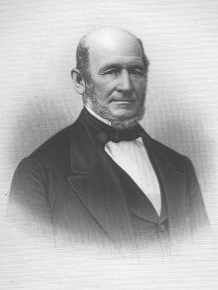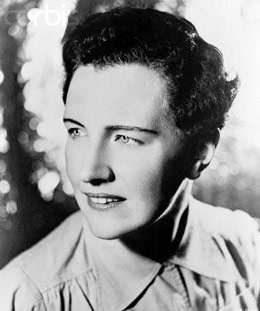A Quote by Ralph Waldo Emerson
A man's personal defects will commonly have with the rest of the world precisely that importance which they have to himself. If he makes light of them, so will other men.
Related Quotes
Every man is of importance to himself, and, therefore, in his own opinion, to others; and, supposing the world already acquainted with his pleasures and his pains, is perhaps the first to publish injuries or misfortunes which had never been known unless related by himself, and at which those that hear them will only laugh, for no man sympathises with the sorrows of vanity.
Men are less hesitant about harming someone who makes himself loved than one who makes himself feared because love is held together by a chain of obligation which, since men are wretched creatures, is broken on every occasion in which their own interests are concerned; but fear is sustained by dread of punishment which will never abandon you.
When I return to the world, I will be a man. I will walk among you. I will lick my lips with my small, dexterous tongue. I will shake hands with other men, grasping firmly with my opposable thumbs. And I will teach all people that I know. And when I see a man or a woman or a child in trouble, I will extend my hand, both metaphorically and physically. I will offer my hand. To him. To her. To you. To the world. I will be a good citizen, a good partner in the endeaver of life that we all share.
Let me say to you, that many of you will see the time when you will have all the trouble, trial and persecution that you can stand, and plenty of opportunities to show that you are true to God and his work. This Church has before it many close places through which it will have to pass before the work of God is crowned with victory. The time will come when no man nor woman will be able to endure on borrowed light. Each will have to be guided by the light within himself. If you do not have it, how can you stand?
Fruits are always of the same nature with the seeds and roots from which they come, and trees are known by the fruits they bear: as a man begets a man, and a beast a beast, that society of men which constitutes a government upon the foundation of justice, virtue, and the common good, will always have men to promote those ends; and that which intends the advancement of one man's desire and vanity, will abound in those that will foment them.
Emulation has been termed a spur to virtue, and assumes to be a spur of gold. But it is a spur composed of baser materials, and if tried in the furnace will be found to want that fixedness which is the characteristic of gold. He that pursues virtue, only to surpass others, is not far from wishing others less forward than himself; and he that rejoices too much at his own perfections will be too little grieved at the defects of other men.
You will find as you grow older that the first thing needful to make the world a tolerable place to live in is to recognize the inevitable selfishness of humanity. You demand unselfishness from others, which is a preposterous claim that they should sacrifice their desires to yours. Why should they? When you are reconciled to the fact that each is for himself in the world you will ask less from your fellows. They will not disappoint you, and you will look upon them more charitably. Men seek but one thing in life -- their pleasure.
The lives of individuals of the human race form a constant plot, in which every attempt to isolate one piece of living that has a meaning separate from the rest-for example, the meeting of two people, which will become decisive for both-must bear in mind that each of the two brings with himself a texture of events, environments, other people, and that from the meeting, in turn, other stories will be derived which will break off from their common story.
The poet presents the imagination with images from life and human characters and situations, sets them all in motion and leaves itto the beholder to let these images take his thoughts as far as his mental powers will permit. This is why he is able to engage men of the most differing capabilities, indeed fools and sages together. The philosopher, on the other hand, presents not life itself but the finished thoughts which he has abstracted from it and then demands that the reader should think precisely as, and precisely as far as, he himself thinks. That is why his public is so small.
There is no other course but the one we have chosen, except the course of humiliation and darkness, after which there will be no bright sign in the sky or brilliant light on earth? All this will make us more patient and steadfast, and better prepared for the battle which God blesses and which good men support. Then there will only be a glorious conclusion, where a brilliant sun will clear the dust of battle, and where the clouds of battles will be dispelled.









































